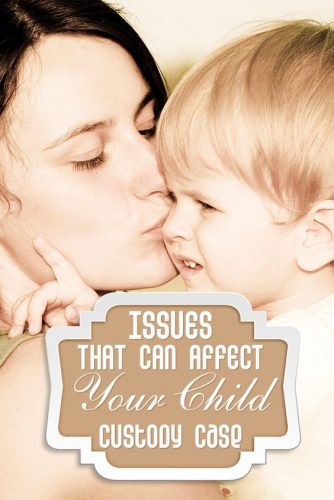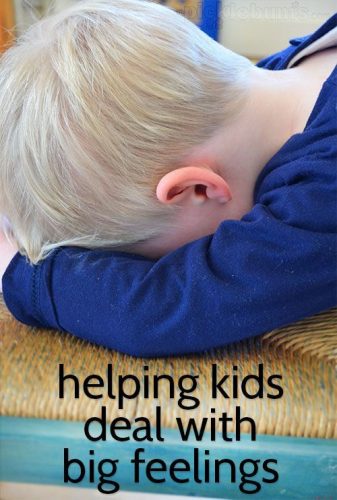
I was on the verge of separation from my ex-husband when I tried convincing my child to choose me over his dad. It was a toxic situation where I forced my kid to make some automatic adjustments. The process involves a complex mental manipulation that destroyed my son’s emotional well-being. He was unaware of what he was doing and subconsciously lashing out his connection with his father.
This is called parental alienation. Stanton E. Samenow, PhD, explained, “The alienating parent deploys a variety of tactics to gain control over the child. Consequently, the child experiences distress from being in the middle of his parents’ warfare.

How I Apply Parental Alienation
The process of getting my child’s custody was complicated, and I honestly admit that it was emotional abuse. His relationship with his dad was basically from what I told him. I tried brainwashing him about the stress and depression that his father had given me and it seemed to work faultlessly. I detailed out reasons for our separation and informed him about the negative consequences that can occur in our marriage. I even made false allegations of drug and alcohol abuse, sexual and verbal abuse as well as physical and mental abuse. I acted hurt and betrayed every time my son wanted to make a positive move towards his dad. I even told my son that our family got ruined because his dad doesn’t show effort in keeping us together and asked him to lie about his personal life. Because of all that, he lost the sense of interest towards his dad and blamed everything on his father’s unclear behavior. I was unaware of what I was doing at first, and I thought that seeking attention from my son was only part of relieving my stress from the failure of my marriage, but the results were in my favor, so I continued to manipulate him to turn against his dad maliciously.

How It Affected My Child
According to Susan Heitler, PhD, “Severely alienated children have little if anything positive to say about the targeted parent and often rewrite the history of their relationship with the targeted parent.” The consequences of parental alienation occurred when a change of behavior happened to my child.
He became hateful when he used to be a loving person. His perception of positive bonding experiences distorted into blame, uncontrolled anger, and arrogance. He developed a sense of entitlement and disrespected elders, (especially his dad.) Though it was already part of what I wanted, I eventually felt guilty for feeding him damaging information that made him hostile and irrational. He then experienced poor eating habits and started to lose weight. Because of the negative ideas that I implanted on his thoughts, he developed social identity problems and poor decision-making functions and lost the ability to think logically. He used technology as a means of escape and diminished his attention span. He became lonely as he isolated himself from his friends and family.
The effect of parental alienation on my child was lethal. His anxiety and depression have become worst, and I lost a sense of control over his pure nature. “We bring children into this world and owe them innocence, for as long as we can,” wrote Mark Banschick, MD. “They need not worry about adult matters. They deserve their childhood. On Divorce Island that innocence is threatened constantly, but it can be maintained.”
I was too focused on the attention that I have, so I ignored the signs of his sufferings. Unfortunately, it was too late to realize that hatred doesn’t come naturally to any child because it comes from teaching. I intentionally endangered my son’s emotional and mental health just because I was selfish enough to understand his needs.
